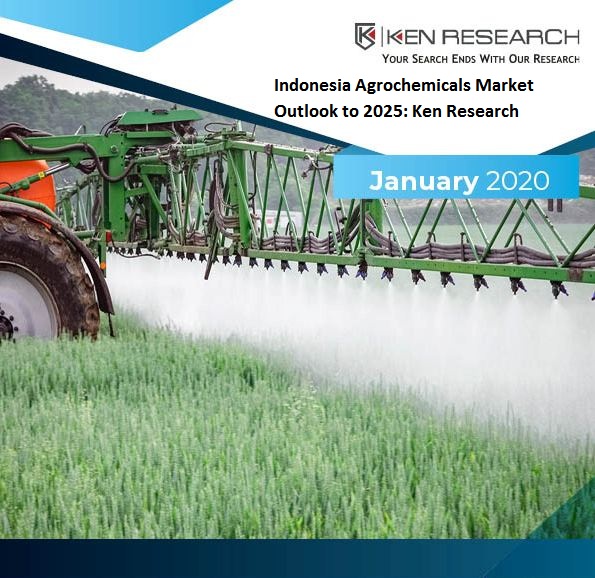Sustainability is a top priority for the Fertilizer Market, driving innovation and the development of sustainable fertilizer solutions. In this blog, we’ll explore the latest trends and developments in sustainable fertilizers, from organic and bio-based products to precision application technologies and nutrient management practices.
Organic and Bio-based Fertilizers
Organic and bio-based fertilizers are gaining popularity among farmers and consumers seeking environmentally friendly alternatives to conventional chemical fertilizers. Made from natural ingredients such as compost, manure, and plant residues, these fertilizers improve soil health, promote microbial activity, and enhance nutrient availability to crops.
Precision Application Technologies
Precision application technologies, including variable rate fertilization, GPS-guided equipment, and soil sensors, enable farmers to apply fertilizers with precision, targeting specific areas of the field based on soil nutrient levels and crop requirements. By minimizing fertilizer wastage and optimizing nutrient use efficiency, precision application technologies contribute to environmental sustainability and cost savings for farmers.
Slow-release and Controlled-release Fertilizers
Slow-release and controlled-release fertilizers release nutrients gradually over an extended period, providing a steady and sustained supply of nutrients to crops while reducing nutrient losses through leaching and volatilization. These fertilizers improve nutrient uptake by crops, minimize environmental impact, and enhance fertilizer efficiency, making them an attractive option for sustainable agriculture.
Nutrient Stewardship and Soil Health
Nutrient stewardship practices focus on optimizing nutrient use efficiency, minimizing nutrient losses, and promoting soil health and fertility. Soil testing, nutrient budgeting, and precision nutrient management help farmers make informed decisions about fertilizer application, ensuring that nutrients are applied in the right amount, at the right time, and in the right place.
Market Trends and Consumer Preferences
Consumer preferences for sustainably produced food are driving demand for products grown with sustainable fertilizers and agricultural practices. As awareness of environmental issues grows, farmers are increasingly adopting sustainable fertilizers and nutrient management strategies to meet consumer demand for environmentally friendly and ethically produced food products.
Conclusion
Sustainable fertilizers are essential for promoting environmental sustainability, soil health, and food security in agriculture. By embracing organic and bio-based fertilizers, precision application technologies, and nutrient stewardship practices, farmers can optimize nutrient use efficiency, minimize environmental impact, and enhance the sustainability and resilience of agricultural production systems. Collaboration between stakeholders across the value chain is essential to accelerate the adoption of sustainable fertilizer solutions and build a more sustainable future for agriculture.

